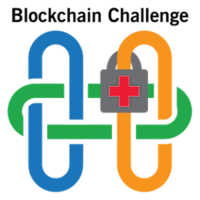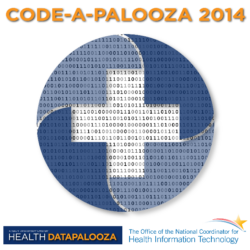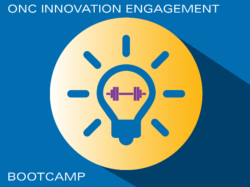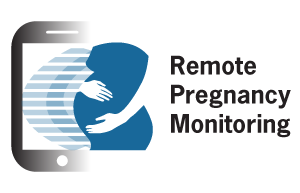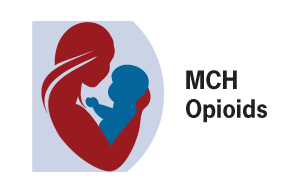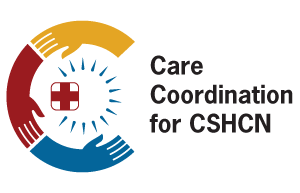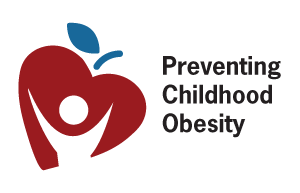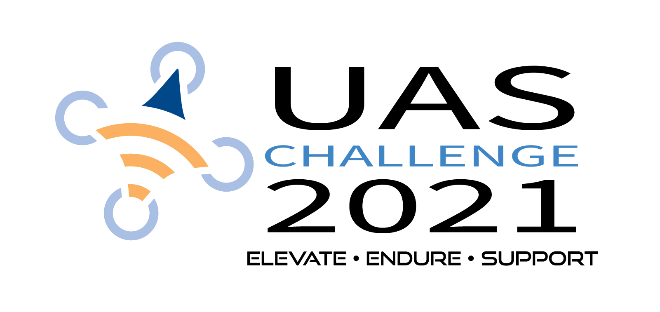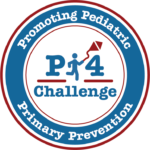Logos
![]()
In today’s visual age, logos do more than provide branding. They convey messaging in a simple and clear way. This is particularly important with social media which limits the amount of written text. Capital Consulting has developed original logos as well as adapted existing logos to incorporate into a new initiative. In either case, our team uses this checklist to guide their logo development efforts:
- Is it Simple? – Simple logos are the ones people can recognize as soon as they see them. The simplest logos are the ones people remember the most.
- Is it Scalable? – A great logo should be simple enough to be able to be scaled down or up and still look good.
- Is it Memorable / Impactful? – A great logo should be impactful. You want to capture your viewer’s attentions and leave an impression (a positive impression, hopefully).
- Is it Versatile? – A great logo should look equally good on any web device and on any kind of print material.
- Is it Relevant? – A great logo should be relevant to your practice. It has to have meaning that relates to the work you are doing.
ONC Blockchain Challenge
Capital Consulting has been supporting the Office of the National Coordinator for Health Information Technology (ONC) since 2011, when they first launched a series of challenges through the America COMPETEs Act.
The Blockchain and Its Emerging Role in Healthcare and Health related Research Challenge goal was to investigate the relationship between blockchain technology and its use in health IT and/or health-related research and examine how the use of blockchains can advance ONC’s 10-year goal of full health interoperability.
The Health Data Consortium (HDC)
The Health Data Consortium (HDC), a non-profit advocacy and membership organization dedicated to mobilizing health data to transform the U.S. health care system, conducted the Code-a-Palooza challenge featuring newly released Centers for Medicare & Medicaid Services (CMS) data. The challenge, a collaboration among HDC, ONC and CMS, allowed developers to use CMS data to create apps that help consumers improve their health care decision making.
ONC/UK National Health Service/UK Trade & Investment
A collaboration between ONC, the UK National Health Service, and the UK Trade & Investment was a bootcamp held at the British Embassy to encourage the development of innovative health IT solutions for the diverse patient populations of both the United Kingdom and the United States. The goal was to create a space for UK and US entrepreneurs, startups, and developers to learn from each other on the two countries’ different strategic and legal frameworks for health IT, and how to think about developing a product that works for both populations. The bootcamp also focused on fostering connections between startups and the venture capital community and understanding the top-of-mind priorities and concerns of funders, to enable startups to think more strategically about how to secure funding.
The Maternal and Child Health Bureau (MCHB)
The Maternal and Child Health Bureau (MCHB) of the Health Resources and Services Administration (HRSA) sponsored grand challenges to develop innovative, technology-based solutions to improve the health of mothers and children across the U.S.
The Remote Pregnancy Monitoring challenge sought innovative technology-based solutions that will help providers remotely monitor the health of pregnant women and empower women to make informed decisions about their own care.
The Addressing Opioid Use Disorder in Pregnant Women and New Moms challenge sought innovative technology-based solutions to improve access to quality health care for pregnant and new mothers struggling with opioid use disorder (OUD).
The Care Coordination for Children with Special Health Care Needs sought innovative technology-based solutions that improve the quality of care, enhance family engagement, and positively impact health outcomes for families of children with special health care needs (CSHCN).
The Preventing Childhood Obesity challenge sought innovative technology-based solutions to empower low-income families to achieve and sustain healthy eating practices and healthy lifestyles.
The First Responder UAS Endurance Challenge
The First Responder UAS Endurance Challenge, sponsored by the National Institute of Standards and Technology (NIST)) Public Safety Communications Research (PSCR) Division a competition that is specifically designed to crowd-source as many inventive drone designs as possible for first responders. The challenge seeks a drone prototype that will fly for the longest time possible while carrying a 10-pound payload.
The Promoting Pediatric Primary Prevention (P4) Challenge
The Promoting Pediatric Primary Prevention (P4) Challenge: Innovations in Pediatric Primary Care to Improve Child Health invites applicants to propose and implement innovative approaches to increase access to and utilization of well-child visits and/or immunizations services within primary care settings.
The Connect to Care (C2C) Challenge
The Connect to Care (C2C) Challenge, sponsored by U.S. Department of Veterans Affairs (VA), seeks cutting edge and person-centered technology solutions that can help identify, engage and support all Veterans, but most particularly those Veterans who are not current users of Veterans Health Administration (VHA) services. While VA remains committed to serving and supporting the well-being of all Veterans, the majority of Veterans in the U.S. do not use VHA services, and the majority of Veteran suicides occur among Veterans who have not recently received VHA services.

